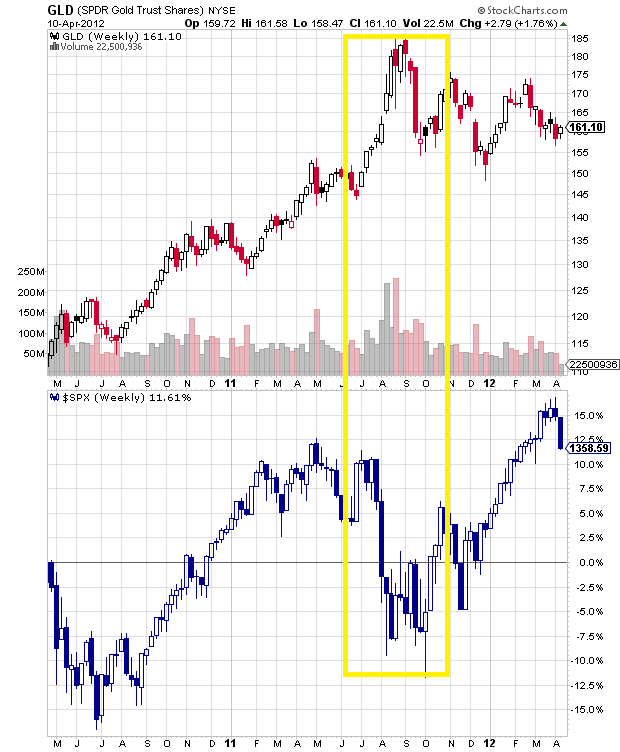In life, there is no second chance for a first impression. First impressions are the most memorable and have the biggest impact on our thought process. They subconsciously form prejudices and mental shortcuts that define our behavior.
The trading world is different. It is an environment, where last impression is often the strongest and has the biggest impact on decision making. We put tremendous weight on the short-term price action, while it often represents just noise. Because it’s easier, we’re inclined to use our recent experience as the baseline for what will happen in the future. We project the most recent events into eternity and make unwise decisions.
We strive to know everything about everything and make sense out of every move, even when it is a garden variety of noise. Sometimes we forget to take a step back and see the big picture. Zooming out helps to curb the frustration and clear the head.
If you intend to be in this business long time, you have to find a hassle-free way to manage your portfolio. Howard Lindzon has found it by focusing on longer-term social and business trends that are confirmed by price action. Brian Shannon has found it by focusing on day trade setups and being 100% in cash at the end of the day. Joe Fahmy has found it by timing his market exposure and swing-trading stocks with solid technicals and fundamentals. There are different paths to achieve the same goal.
Not everyone is willing to put the time and the efforts needed to define himself and focus on a specific approach. One of the lines from the original Market Wizards book that has remained vividly in my head comes from Ed Seycota. On the question, what would you recommend to the average trader, he replies: “Find a superior trader to manage his money for him and then find something he loves to do.” The trouble is that it is much harder to find a superior trader who will want to manage your money than to learn how to be consistently profitable yourself. Just because someone sounds confident, doesn”t meant that he will be able to deliver.
